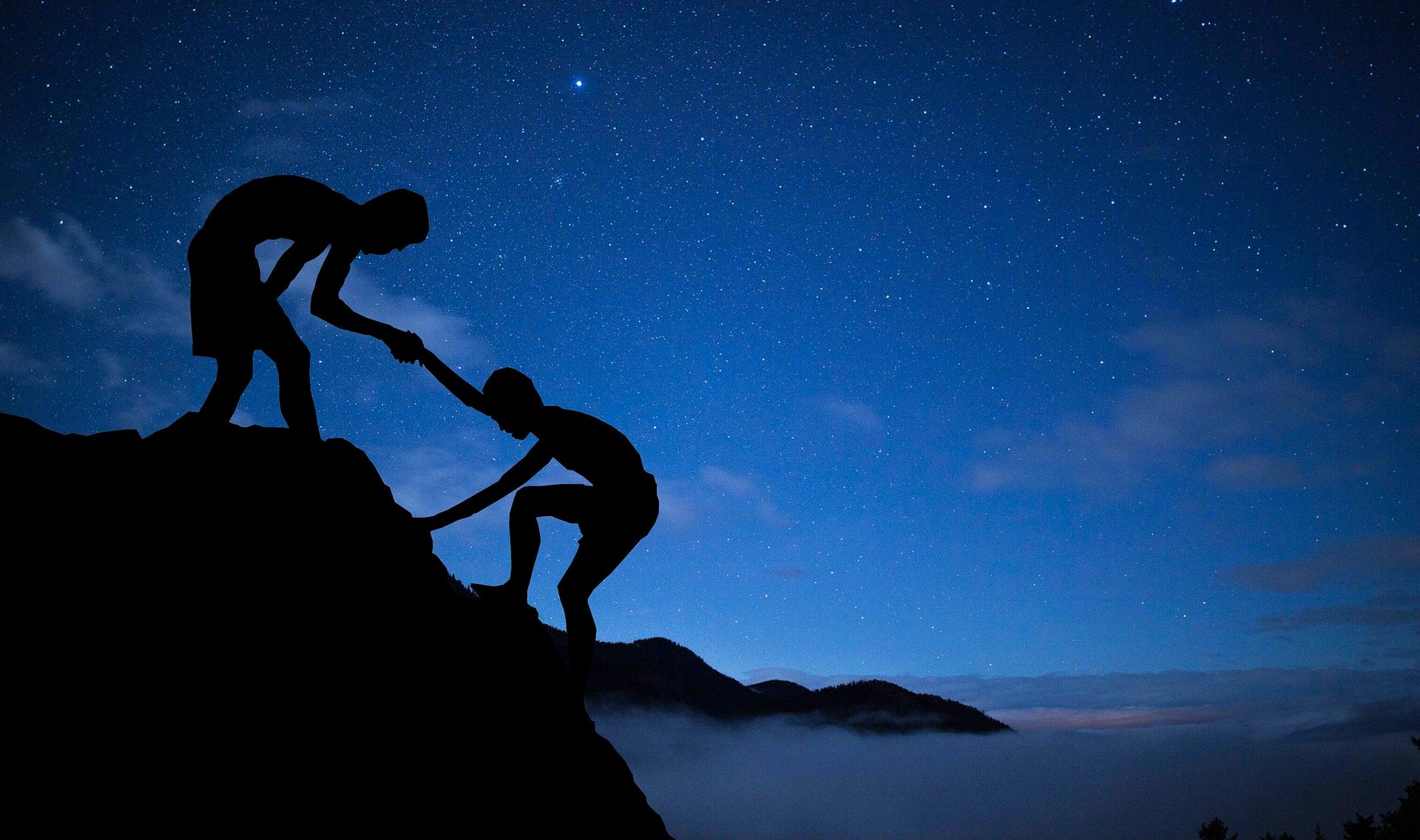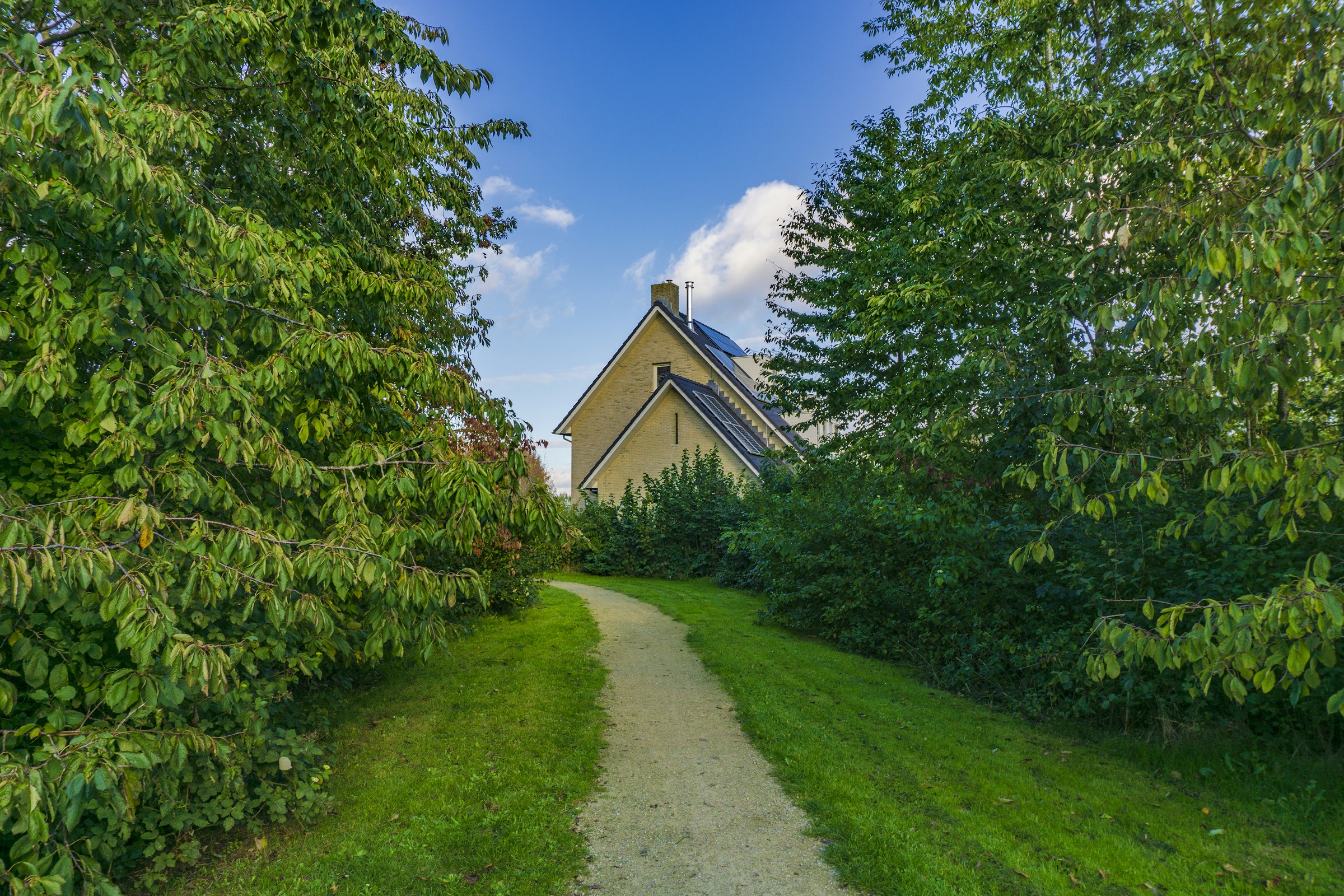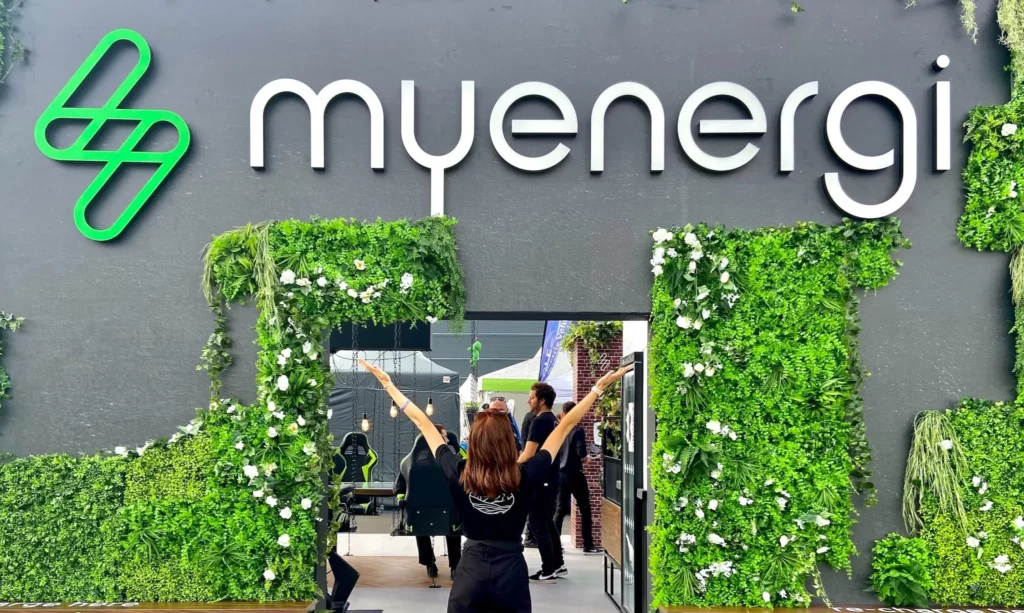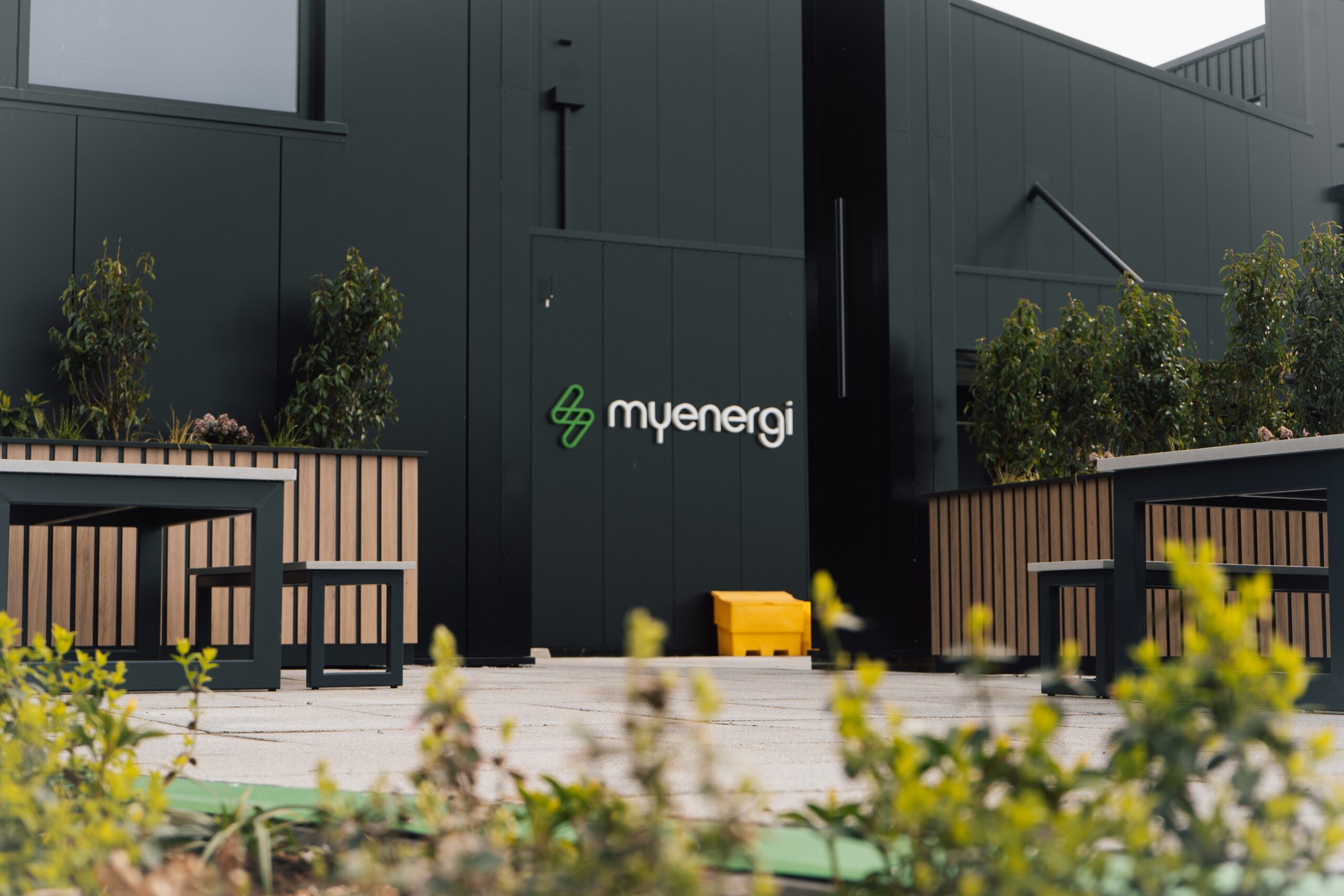With people all over the globe self-isolating, working from home and drastically changing their day-to-day lives, one thing has dominated the news and conversations in 2020: coronavirus.
Eyes and ears remain transfixed on world leaders, government officials, scientists and health advisers as we await the latest updates. When can we see our friends and family? How can we protect our loved ones? Can we return to the office soon? Are people still doing business? Will my summer holiday be cancelled?
And the question that remains if not on everyone’s lips, certainly tucked away at the back of our minds: When will things go back to normal?
Our world has changed. Our way of life has changed. And as a result, we’ve changed. Questions are understandable and absolutely necessary in such a time of need. But now, is it time to perhaps consider whether we are asking the right ones?
Spreading Positivity
As The Queen so eloquently said during her speech on Sunday, this is “A time of disruption in the life of our country: a disruption that has brought grief to some, financial difficulties to many, and enormous changes to the daily lives of us all.”
COVID-19 is having a devastating and potentially long-lasting impact on individuals, families, businesses and economies worldwide, and things may get worse before they get better.
The impact of the virus cannot be ignored and should not be understated, and it is up to us to look not for a silver lining (as to do so would be to undermine the trauma caused by the coronavirus), but to take this time to find new perspectives from this different way of living that has been forced upon us.
The spread of the virus is a major threat to the lives of us all. We can slow the spread, but we cannot stop it entirely. Not yet. But what we can do is continue to adhere to all of the relevant and important guidelines, while focusing on the things we can control.
In the face of such adversity and troubled times, we have seen so many incredible acts of solidarity, warmth and unity. Even if only temporarily, the days of a country divided by politics and Brexit are gone, replaced by connectivity, positivity and collaboration.
We have proven that we are only isolated in physical form, but spiritually and emotionally we are more connected than ever. Whether it’s clapping for the NHS, supporting our local community or simply following guidelines to protect the vulnerable, we are now united and made stronger by the shared objective of getting through this in order to – as the Queen promised – “meet again”.
When will things go back to normal?
So, back to the question on everyone’s lips and Google searches: When will things go back to normal?
This question poses a much greater opportunity than any holiday or postponed business meeting. We now have a chance to create new avenues and ways of living; to continue the positive perspectives and carry on helping one another; to maintain a new appreciation for what truly matters.
We’ve seen a lot of talk and questions surrounding the promise of things going back to normal. But there is something much more powerful at play, a new horizon that transcends the old ways and brings forth fresh opportunities, brighter futures and a safer environment in which to thrive.
Should we really be counting down the days until we’re able to return to the way we lived our lives before COVID-19? Or is that simply looking forwards to a step backwards?
Some things may be better left behind with the virus, while there are also positives that have emerged from the adversity we have faced, lessons that we can proudly carry with us and learn from as we move forwards.
The new normal
The mission should not be to step backwards or return to the old ways. No, the mission should be to stride forwards, out of the hardship and troubled times and into a new beginning. Into, the new normal.
So, what might the ‘new normal’ entail? And how do we create it…?
Keyworkers
Throughout the coronavirus pandemic, we have not been without hope. Our faith in the spirit of humanity has not just remained, but grown stronger thanks to the heroics of the many people fighting COVID-19.
From healthcare workers to food providers, carers to government officials, every key worker is playing a huge role in history right now. These are the people who are showing us just how capable we are as a collective, and never again should the NHS (or any industry that includes key workers) be undervalued, underappreciated, or without the support they need.
Unity
The collective love and support for key workers throughout the coronavirus crisis has been just one of numerous demonstrations of the solidarity, harmony and communal spirit garnered from such difficult times.
We have heard a nation clapping and cheering together as one. We have seen communities come together to ensure those most vulnerable remain safe and protected. We have seen small businesses and charities supported when they need it most.
In spite of the scary times in which we find ourselves and the various daunting updates and tragic news stories, there has been unprecedented positivity and warmth from all over the world.
We should never let adversity define us. Our stories should instead be determined by how we react to such tough times. So far, humanity has risen to the challenges presented by coronavirus, choosing to stand together as one to fight it. Long may that continue.
Such strength in character should not be forgotten, nor should it be left behind. The power of this new, collective spirit should be judged not only during the difficult times, but whether it stands the test of time; whether it remains once the difficult times are over.
It is up to us to maintain the unity and solidarity we have shown in recent months and carry it with us way beyond the duration of the virus. That is the real challenge. After all, tough times don’t last. Tough people do.
Environment
Our shifted work schedules and dramatically altered social lives have caused ripples in many circles, but one that has not had as much attention is that of the environment.
Thanks to the temporary closure of factories, cancelled flights and a huge reduction in vehicles on the road, there is much less pollution in our atmosphere. Now, people are having to find alternative ways of business and new sources of entertainment, and in turn, are getting cleaner, more natural air to breathe.
Among the many businesses and industries struggling to cope with the impact of coronavirus, airlines seem to be getting little sympathy from the public, with climate campaigners voicing their opinions about the idea of aviation companies receiving a bailout from the government.
Could this mean that people are now beginning to see global travel as not a necessity, but a luxury? And not just any luxury, a luxury that comes at the expense of the environment?
Wildlife is returning to its natural habitat… there are significant decreases in greenhouse gases… there is less litter on the streets of our major cities… Coronavirus has had a hugely detrimental effect on humanity – from devastating illness to job losses – but as the world winds down, mother nature has been given a rare opportunity to breathe, to get a short grasp of what was once hers, and only hers. This cannot go unnoticed.
The question is, will we learn from this? Will we continue to attend video meetings when travelling on the motorway for face-to-face gatherings is not entirely required? Will we reconsider that holiday to South America and instead explore the wonders of the UK? Will we think twice about driving our SUVs to the shop just 5 minutes down the road?
Will we stride forwards out of the crisis, taking with us the many lessons we have learned? Or will we recede backwards to where we were before: on a planet we are slowly poisoning, a decaying home crying out for help, where 4.2 million of us die every year from air pollution?
Thanks to the incredible work of scientists and healthcare professionals, we will find a cure for coronavirus. We will get through this. But when COVID-19 becomes another short yet tragic part of our long history, will we get through the climate crisis? A crisis that has existed for decades, one that already has many cures and vaccines readily available, a crisis that we all play a role in slowing and preventing?
Business
Small businesses play a huge role in our society, and it saddens us all to see so many suffering through these difficult times. However, one thing coronavirus has done is raise our appreciation and need for such companies.
From the independent bakeries supplying fresh goods contactlessly and via delivery to the likes of accountants, grant providers, tradespeople and more, the government and public are stepping up their efforts to help these businesses through the difficult period.
Never before have people working in food stores, carehomes and various service industries been more valued, respected and treasured. It’s amazing to see these key workers finally getting the recognition and acknowledgement they deserve.
During these times, it would be easy for some businesses to shy away from the limelight and simply wait for things to ‘blow over’. Yet instead, countless numbers of business owners have stepped up and joined the fight, whether it’s looking after and reassuring staff or going out of their way to produce masks, reward key workers or any other wonderful means in which they can help the cause.
We are so proud to work with many small, independent, local businesses ourselves, and know just how important these companies are in keeping the economy going.
Without our chain of suppliers, installers and the various other sectors in which we work, we would not be where we are today. And we would like to thank everyone who has been a part of our journey so far.
Myenergi will not shy away from adversity. Our mission is to create a more sustainable and kinder future for the generations to come, and we will continue to fight for this, day in, day out.
A true appreciation for what really matters
When you ask each and every person what they miss the most while they’re isolating and social distancing, most of them will say the same thing.
They won’t say the holidays, the pubs or the business meetings. They’ll say their loved ones; their friends, their family. The people they’re so used to seeing, embracing, and socialising with, the ones they hold closest and dearest. The people who they can now only see and talk to through the technology we are so lucky to have, but is still not quite the same as seeing them in person.
When we get through this, we will come out the other side with a reinvigorated appreciation for and value of the more important things in life. As soon as it is safe to do so, please go and see your loved ones, hold them close, and show them just how much they mean to you. In the meantime, stay in touch, stay safe, and stay connected.
Stride Forward, Don’t Step Backwards
While coronavirus has shattered the lives of many and disrupted the lives of us all, it has also given humanity a chance to show its best side.
We will get through this. So, please do continue thinking about and planning the parties you’ll have when this is all over – the gatherings, the return to the pubs and restaurants – and keep the faith and hope that the good times will return.
Remain strong. Continue to show empathy for those suffering, compassion for those struggling, gratitude to those fighting, consideration for those risking their lives for the greater good, and positivity for the world at large. We need it now more than ever.
But when we do get through this, don’t let go of all those remarkable things. Keep them and let them grow. Don’t step back to normal. Stride forwards out of the darkness to create a brighter, kinder world.








